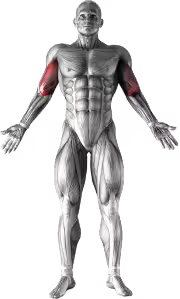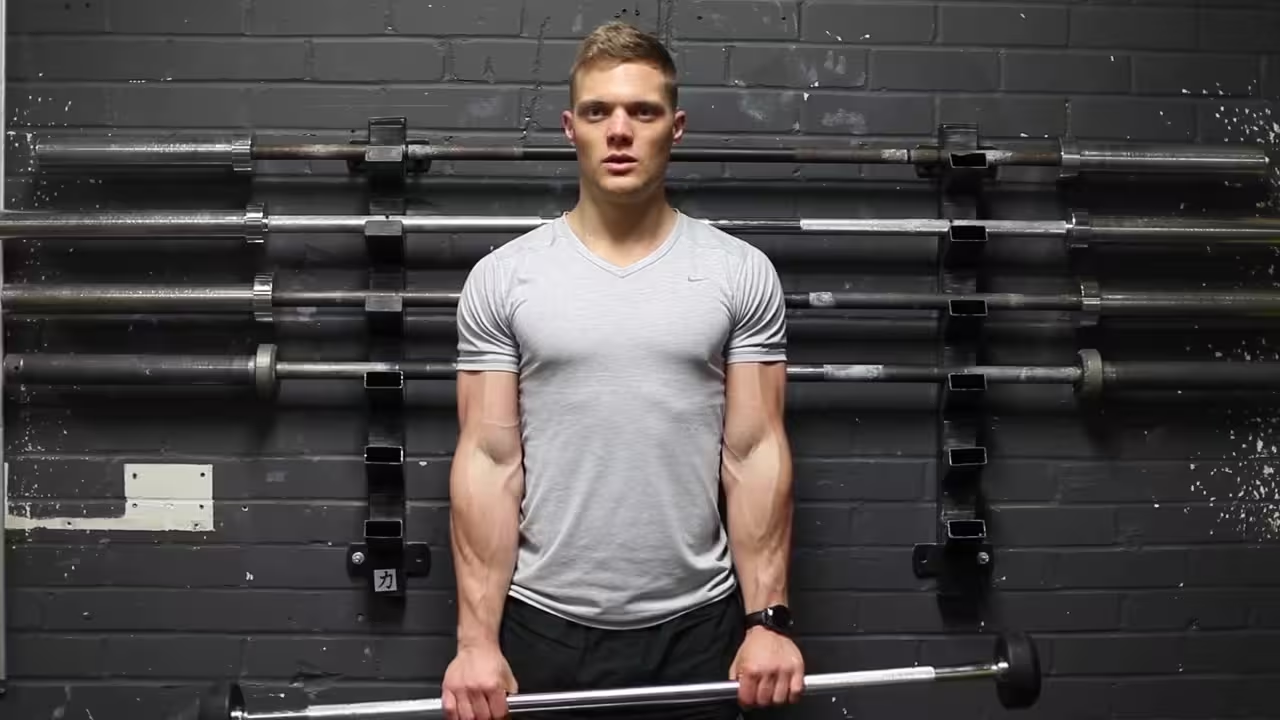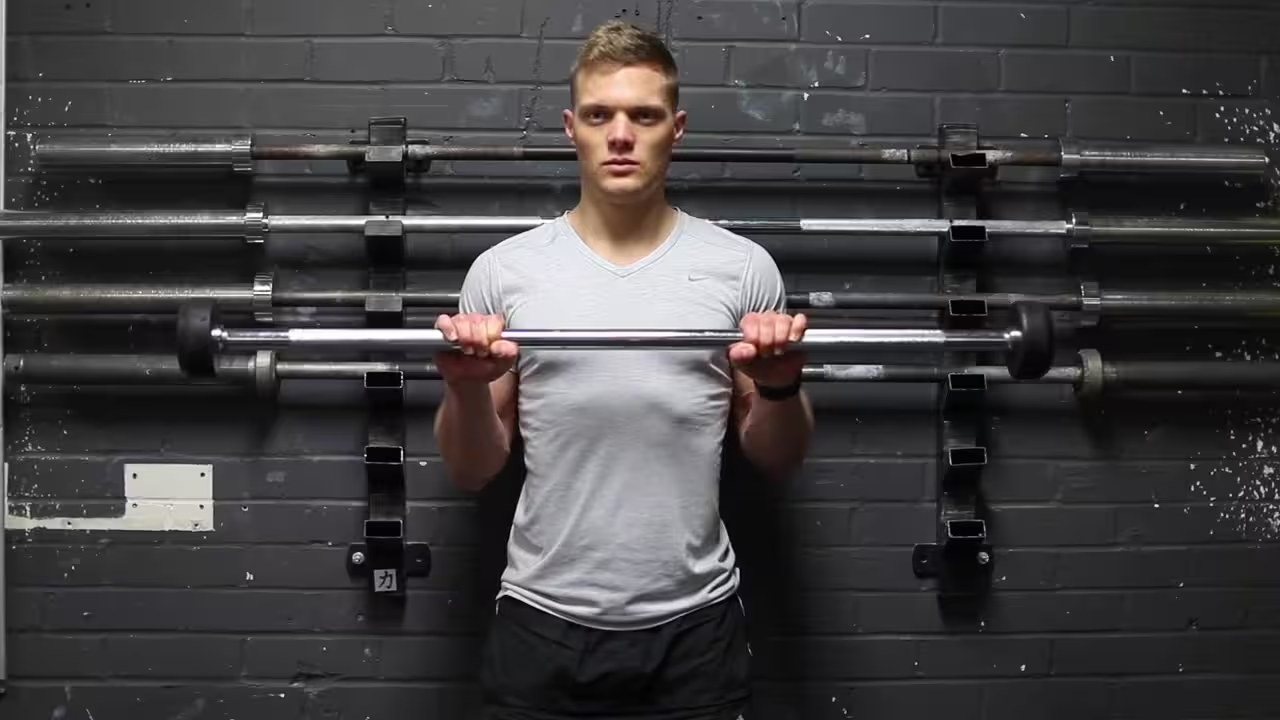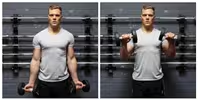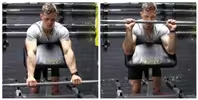The Reverse Barbell Curl is a variation of the standard barbell curl that targets the brachioradialis, the muscle of the forearm. This exercise is highly effective for building arm strength and enhancing forearm muscle development. Unlike the regular barbell curl, which primarily focuses on the biceps, the reverse barbell curl works on the entire forearm, helping to improve grip strength and contribute to overall arm aesthetics. It’s a valuable addition to any arm workout routine.
Reverse Barbell Curl Video
How to Perform Reverse Barbell Curls
Reverse Barbell Curl Images
Step-by-Step Instructions:
- Set Up the Barbell: Load an appropriate amount of weight on the barbell, ensuring that it’s balanced. Stand with your feet shoulder-width apart.
- Grip the Barbell: Hold the barbell with both hands using an overhand grip (palms facing down), with your hands positioned just outside shoulder-width.
- Lift the Barbell: Stand up straight while holding the barbell at arm’s length in front of you, keeping your arms fully extended.
- Engage Your Forearms: Curl the barbell towards your shoulders, focusing on the forearms and keeping your elbows stationary.
- Lower Slowly: Lower the barbell back to the starting position in a controlled manner, ensuring your arms are fully extended at the bottom without locking your elbows.
- Complete the Reps: Repeat the movement for your desired number of reps, maintaining good form throughout.
Reverse Barbell Curl Benefits
- Forearm Strength: Reverse barbell curls specifically target the brachioradialis, helping to build forearm strength.
- Improved Grip Strength: This exercise improves grip strength, which is essential for lifting heavier weights in other exercises.
- Balanced Arm Development: By working the forearms, reverse curls complement other arm exercises, ensuring balanced muscle development.
- Increased Arm Definition: The focus on the forearms helps create more defined arms overall.
- Reduced Elbow Strain: The neutral wrist position in reverse curls reduces strain on the elbows compared to traditional curls.
Reverse Barbell Curl Muscles Worked
Targeted Muscles
The reverse barbell curl primarily targets the brachioradialis, the muscle of the forearm, as well as the brachialis and biceps muscles. The forearm flexors and stabilizers are engaged to ensure proper form and stabilization throughout the movement.
